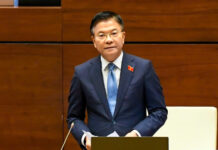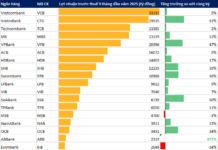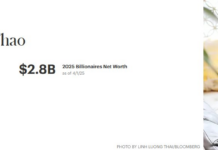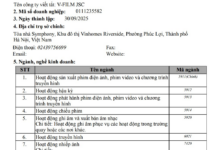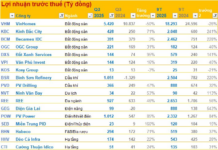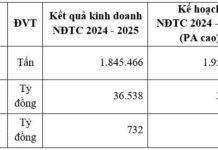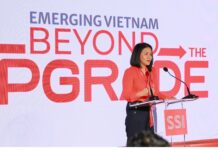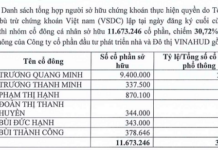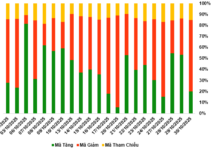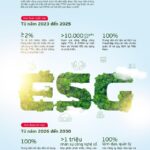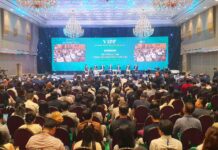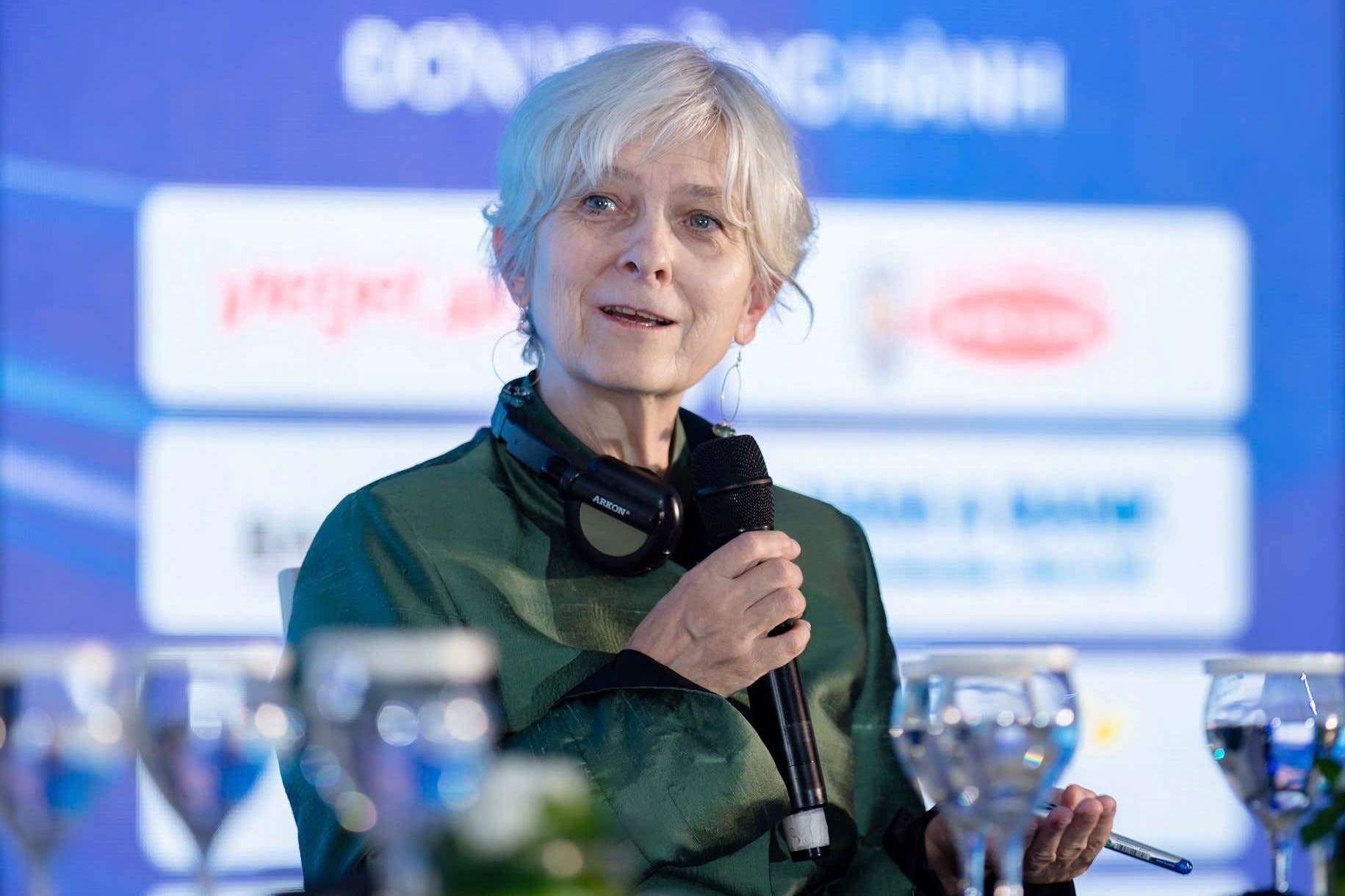
Ms. Ingrid Christensen, Director of the International Labour Organization (ILO) in Vietnam, at the workshop (Photo: Dan Tri Newspaper)
On October 30th, in Hanoi, the Dan Tri Newspaper held a workshop on “Sustainable Human Resources – The Focus on the ‘S’ in ESG.” The event was attended by over 200 guests, including representatives from government agencies, international labor organizations, leading scholars and experts in human resources management, influential business leaders in the field of ESG domestically and internationally, and senior executives from various industries who have embarked, are currently on, or are aiming for a sustainable development trajectory.
ESG practices are becoming a mandatory requirement for businesses worldwide. However, when referring to ESG, the community primarily discusses the environmental (E) and governance (G) factors while rarely mentioning the social (S) aspect. By focusing on the ‘S,’ the workshop provided a multifaceted perspective on social responsibility in ESG implementation.
Merely offering high salaries is not enough to retain employees
At the workshop, Ms. Ingrid Christensen, Director of the International Labour Organization (ILO) in Vietnam, affirmed that not only in Vietnam but worldwide, salary and benefits are crucial to employees. Everyone has a family to support and personal financial needs.
However, Ms. Christensen pointed out that merely offering high salaries is not a sustainable solution to retain employees. Businesses need to provide other essential factors such as flexible work arrangements and a friendly work environment. She gave an example; if employees have young children, their concerns extend beyond salary and benefits.
“Everyone has different motivations for working, such as a need for freedom in their job, respect, recognition, and so on,” analyzed the Director of the International Labour Organization.
Also, at the workshop, Ms. Christensen introduced the concept of “social dialogue” as an essential tool to help governments, workers, and employers cooperate in resolving disputes and reaching agreements through collective bargaining. Additionally, workplace collaboration and international framework agreements enhance the quality of social dialogue, which is key to promoting social justice and sustainable employment in the context of regional economic communities.
With the close coordination of all stakeholders, from employers to employees and international organizations, Ms. Christensen believes that Vietnam has the potential to advance social justice and sustainable development.
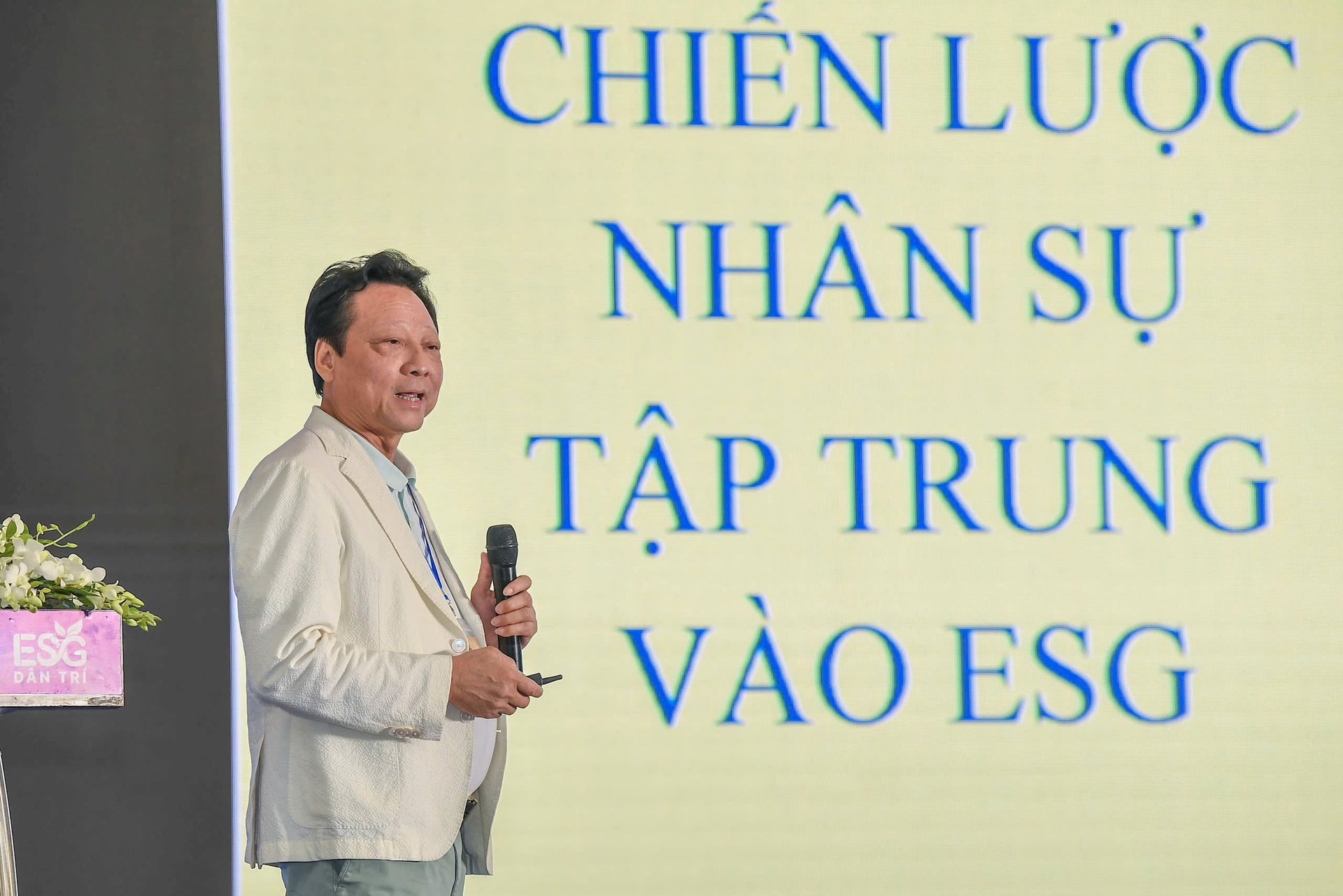
Mr. Pham Van Viet, Chairman of Vietnam Jeans Co., Ltd., and Vice Chairman of the Ho Chi Minh City Textile, Embroidery, Knitting, and Sewing Association, at the workshop (Photo: Dan Tri Newspaper)
Mr. Pham Van Viet, Chairman of Vietnam Jeans Co., Ltd., and Vice Chairman of the Ho Chi Minh City Textile, Embroidery, Knitting, and Sewing Association, shared that salary is no longer the primary factor in retaining talent.
“We understand that human resources management is a critical factor in driving ESG. In the textile industry, where the workforce is large and diverse, salary is no longer the top priority for talent retention. Employees are increasingly concerned about the values they receive, including fairness, transparency, and flexibility in their work,” said Mr. Viet.
Speaking about the role of ESG implementation, the leader of Vietnam Jeans Co., Ltd., emphasized that risk management and commitment to ESG standards are becoming a “guiding light” for businesses in the industry. Notably, establishing and fulfilling sustainable ESG commitments not only enhance a company’s image and brand but also attract and retain talented employees.
However, Mr. Pham Van Viet argued that not all businesses can easily implement ESG. Besides the capital investment challenge, companies also face a talent acquisition and retention hurdle. This requires not only the ability to recruit creative individuals with logical thinking and relevant expertise but also the ability to retain them in a highly competitive environment.
Building sustainable human resources helps businesses reduce recruitment costs
Speaking at the workshop, Madame Nguyen Thi Ha, Deputy Minister of Labor, Invalids, and Social Affairs, emphasized: “Sustainable human resources is not just about attracting and retaining talent but also about creating a healthy, fair, and conducive work environment for employees’ holistic development.”
Madame Ha pointed out that this requires the joint efforts of all parties involved, including government agencies, businesses, employees, and social organizations.
Dr. Le Thai Ha, Executive Director of the VinFuture Prize and the Green Future Fund (Vingroup), stated that the focus of the ‘S’ in ESG revolves around social responsibility, sustainable human resources, and ensuring employee welfare, happiness, and safety.
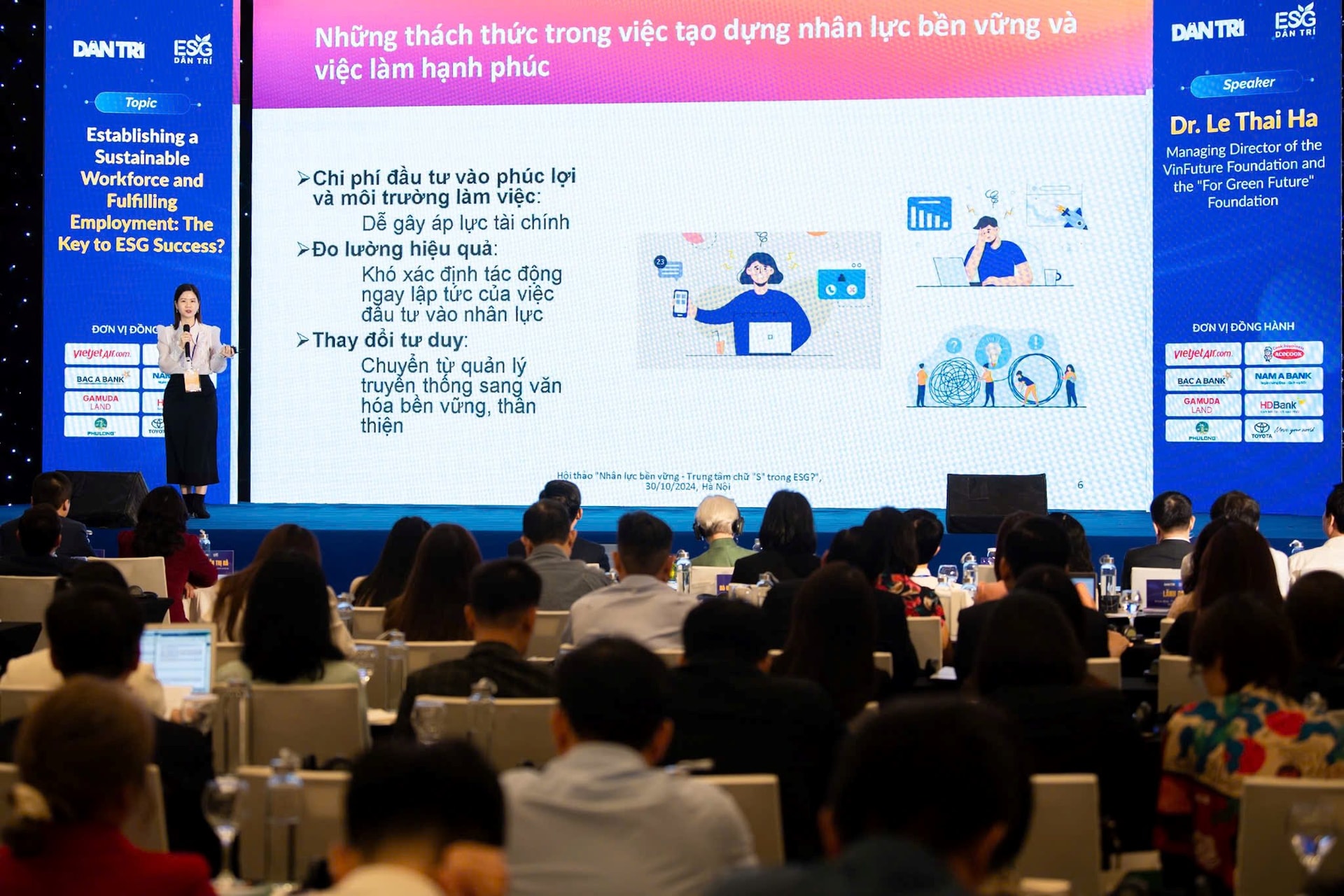
Dr. Le Thai Ha, Executive Director of the VinFuture Prize and the Green Future Fund (Vingroup), at the workshop (Photo: Dan Tri Newspaper)
Regarding the reasons for building sustainable human resources, she explained that practicing this factor helps businesses reduce turnover rates and recruitment costs while increasing employee productivity and job satisfaction. In the long term, applying the social factor in businesses will create a sustainable environment, foster engagement, and encourage dedication.
Based on this, Dr. Le Thai Ha defined happy employment as creating a friendly, fair work environment, providing good welfare and development opportunities, fostering engagement, and promoting personal motivation. As a result, businesses will enhance employee satisfaction and dedication.
By building sustainable human resources and creating happy employment, businesses will increase productivity, strengthen team cohesion, improve their image and brand, and, on a broader scale, contribute to sustainable socio-economic development and better working conditions for the workforce.
During the discussion session, Mr. Chaturon Thipphiansak, Deputy General Director of SCG Vietnam, conveyed the message that building a happy work environment is not only the responsibility of individuals but also of organizations and businesses.
“ESG practices will not succeed without creating a happy work environment that nurtures corporate culture and encourages safety awareness among employees,” emphasized the leader of SCG Vietnam.
Mr. Chaturon Thipphiansak added that when businesses achieve this goal, each employee will be motivated to follow and comply with the established regulations.
The Dark Side of ESG
“Dynamic Equilibrium” coupled with “Dynamic Capabilities” enables organizations to establish a sustainable competitive advantage by calibrating their resources and capabilities in response to the ever-changing business landscape. This approach allows businesses to be agile and responsive, ensuring they remain resilient and ahead of the curve in a volatile market environment.
Sustainable Bond Issuance Success for BIDV
Recently, the Bank for Investment and Development of Vietnam (BIDV) successfully issued VND 3,000 billion worth of voluntary sustainability bonds, adhering to the International Capital Market Association’s (ICMA) Sustainability Bond Guidelines. This capital will enable BIDV to extend loans for projects that positively impact the environment and society.
“Unleashing the Power of IR: Unlocking Capital for a Sustainable Future”
Around 60% of listed companies in Vietnam have achieved compliance in IR practices. This is not merely a bridge between businesses and investors, but it also serves as a “key” to optimizing capital and fostering sustainable business growth.








